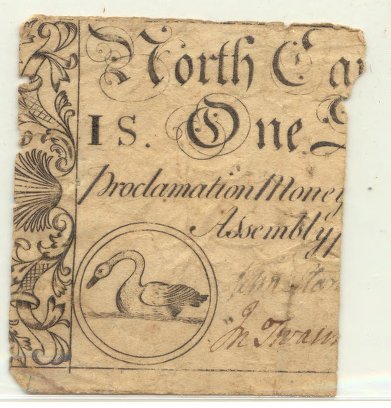I.M. RECORDS
PC World reports an interesting new development:
The National Association of Securities Dealers informed its roughly 5300 brokerage-firm members Wednesday that they must retain their IM records for at least three years. Under federal law, every securities firm doing business with the U.S. public must be a member of NASD.
So, in essence, it’s a requirement of federal law that companies comply with this. On the one hand, it seems reasonable for recordkeeping requirements to keep up with changing technology. On the other, this strikes me as rather Big Brotherish.
Anyone out there that’s more familiar with this issue, or who’s at least thought about it awhile, is welcome to comment below to share your insights.






The NASD’s pronouncement isn’t unexpected given the growing interest in mining electronic data for information in the course of discovery. Alas, you can blame this one on the lawyers with impunity. Like the smoking guns attorneys often unearth in email these days, IM is merely another source of those nuggets that make lawyers alternately salivate and sweat, depending on who they happen to represent at the time. The more interesting question is how on earth these companies are going to deal with this in a meaningful fashion that doesn’t leave them open to charges of spoliation.
The brokage house are already required to record ALL communication with clients (CYA necessity, just in case the client has a foggy memory about any trade, and lawsuit follows). This is nothing more than an extension to cover the new facet of the communication not previously mentioned. Of course, this also allows the brokage house to beome more transparent to the public about the exchange of sensitive informations (Martha Stewart should’ve know better).
—